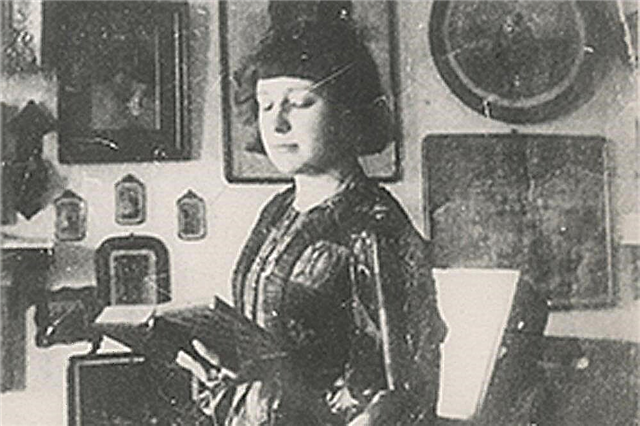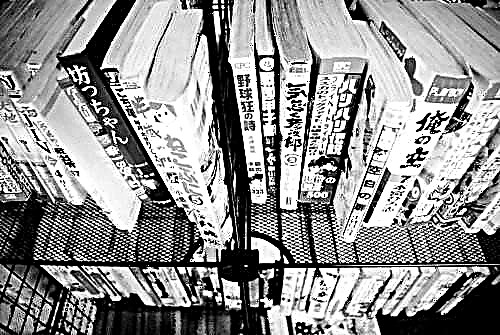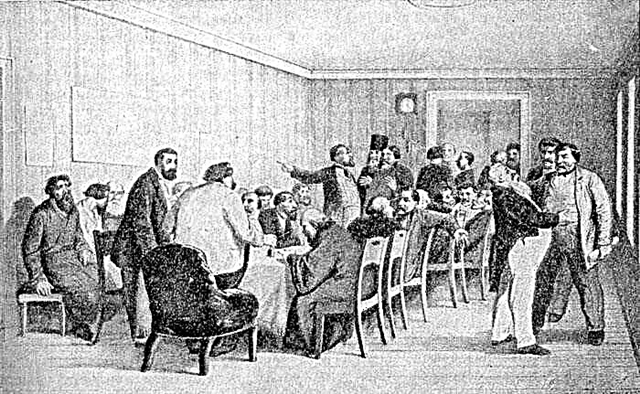(371 words) The topic of generational conflict, the confrontation between “fathers” and “children” is perhaps one of the most common problems in the entire world literature. History is in constant motion, along with it human society is forced to change. All this gives rise to misunderstanding and conflicts between generations living in the same era, but in different worlds. Many great writers have touched on this topic, drawing many different conclusions. I believe that the confrontation between fathers and children is inevitable, since the difference in their worldview will always be felt. To prove this, I will give examples.
Maxim Gorky in his play "Petty Bourgeois" showed the spirit of a whole era in the domestic conflict of the Bessemyonov family. First, in the person of the head of the family Vasily Bessemenov, the old world appears before us. Limited, rude, closed to everything new, Vasily Vasiliev is trying to unceremoniously control not only his hopeless and not settled children, but also the young engineer Neal. In the end, the Nile rebels against the man who raised him, and forever leaves the Bessemyonov world to build his own. Gorky’s work is very closely connected with the pre-revolutionary reality surrounding him, therefore he resolutely declares the impossibility of the coexistence of the old and the new. The "fathers" must forever leave, leaving the future to the "children."
“Fathers and Sons” by I. S. Turgenev has long been a textbook example of the conflict between the old and the new. At first glance, the author’s ideas do not differ from Gorky’s views. The nihilist Evgeny Bazarov enters into an ideological conflict with the liberal Pavel Kirsanov, and then completely encounters him in a duel. Ward Bazarova-Arkady Kirsanov begins to be ashamed of his own father and moves away from him. However, towards the end of the narrative, the situation is fundamentally changing: Eugene shows the reader a love for his hopelessly outdated parents, reconciles with old Kirsanov, and Arkady restores relations with his father and marries. In the conflict of "fathers and children," the writer sees only meaningless, petty disputes that cost nothing in real life. Unlike many authors, Turgenev debunks the struggle of generations, urging people to consent. However, he does not deny that the confrontation is inevitable, because it shows the severity of the conflict of views, worldviews, ideas that can not be reconciled.
The conflict of generations has been and will be relevant throughout human history. The past shows us that individuals can find mutual understanding, but the paradigms of their thinking will not converge anyway, because they are fundamentally different from each other. They cannot be reconciled or equalized; they will leave a gap for disputes in the relations of generations in any case.












